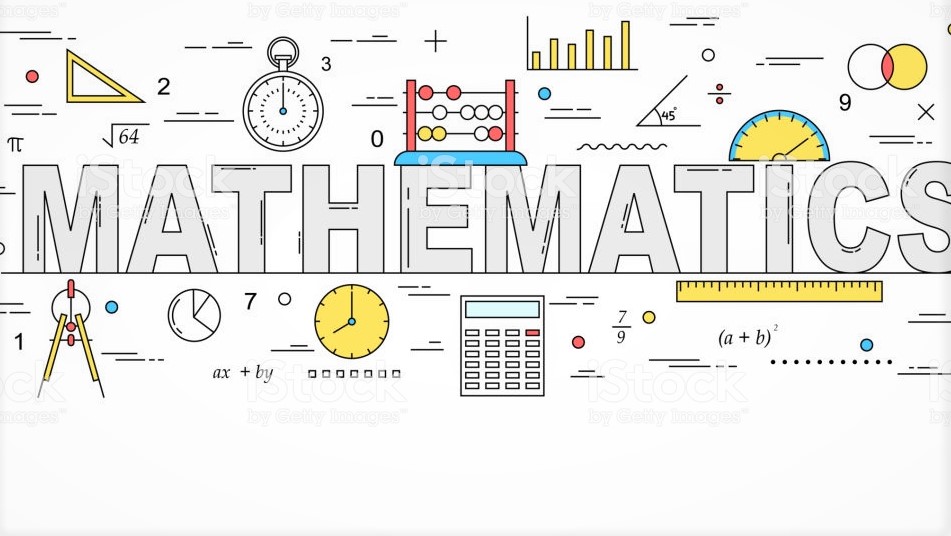Linear algebra for ml
08 Feb 2019This is the 1st post of blog post series ‘Deep Learning and Machine Learning’.
Are you looking forward to learning Linear Algebra for Machine Learning?
General Idea
 Different Classifications (site: One Fourth Labs)
Different Classifications (site: One Fourth Labs)
We will look at Linear Algebra definition, and how it relates to vectors and matrices. Then we look through what vectors and matrices are and how to work with them and its related classifiction.
We would learn about the interrelation between Linear Algebra and Machine Learning.
What is Linear Algebra?
 site: istock
site: istock
Linear Algebra is a sub-field of mathematics concerned with vectors, matrices, and linear transforms. It is a key foundation to the field of Machine Learning, from notations used to describe the operation of algorithms to the implementation of algorithms in code.
Linear Algebra for Machine Learning
Machine Learning addresses the question of how to build computers that improve automatically through experience. It is one of today’s most rapidly growing technical fields, lying at the intersection of computer science and statistics, and at the core of artificial intelligence and data science.
The recent development in Machine Learning has been driven both by the development of new learning algorithms and theory and by the ongoing explosion in the availability of online data and low-cost computation.
 site: unsplash
site: unsplash
The adoption of data-intensive machine-learning methods can be found throughout science, technology, and commerce, leading to more evidence-based decision-making across many walks of life, including healthcare, manufacturing, education, financial modelling, policing, and marketing.
Thank you for reading my post. (Keep Scrolling)*.
***